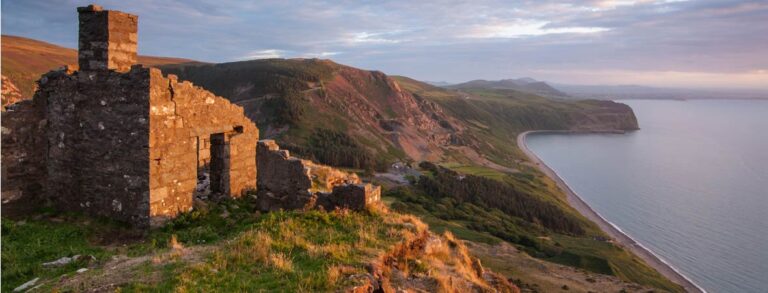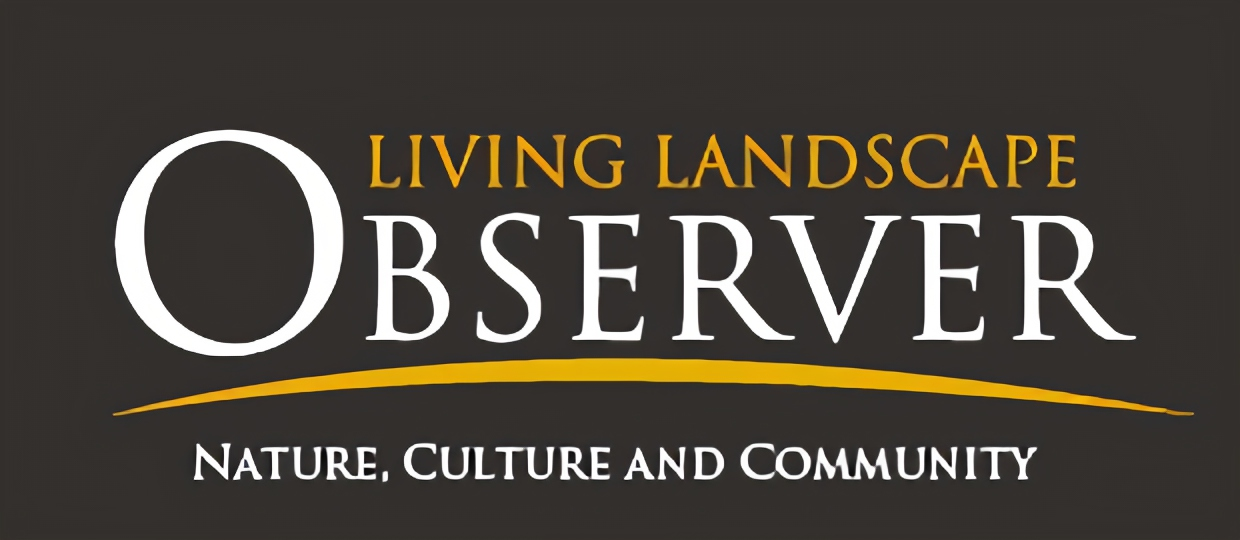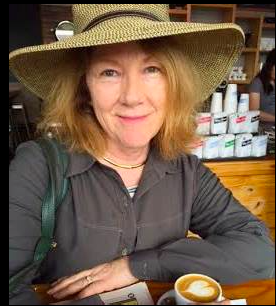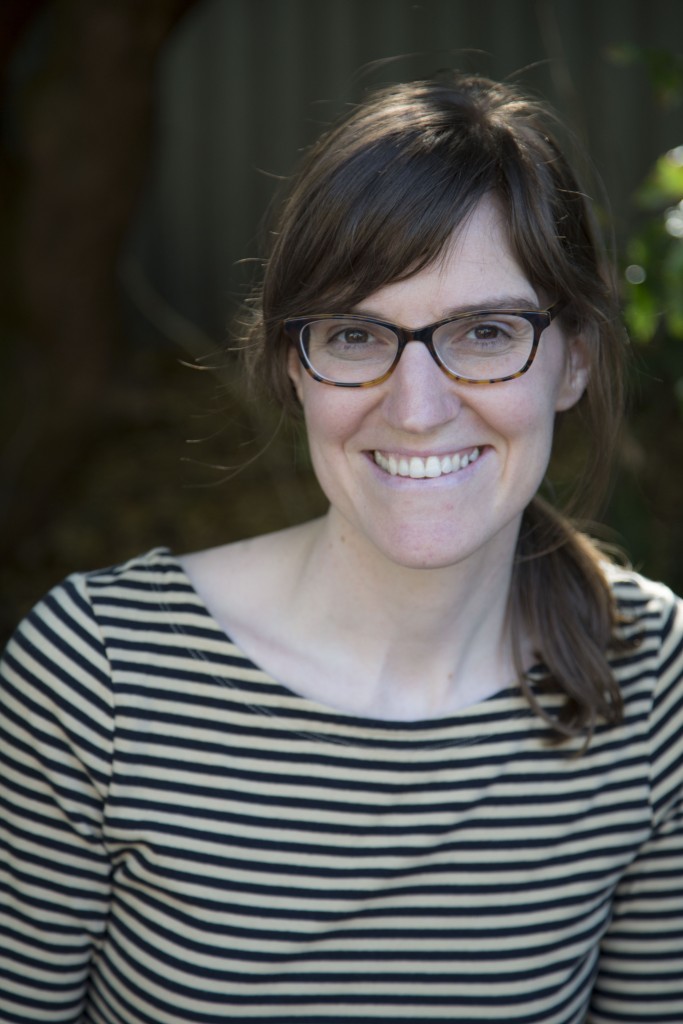To provide observations and information on the emerging fields of landscape scale conservation, heritage preservation, and sustainable community development.
Newsletter
Stay up-to-date with the latest nature, culture and community news.
We won’t spam you or share your information. Newsletters are sent approximately 10 times a year. Unsubscribe at any time.
Liberty of the Community
Mitigation: Now thinking on a Landscape Scale

Parks Stewardship Forum Features Living Landscapes
The most recent edition of the Parks Stewardship Forum (PSF), entitled “Politics, Practice, and the Management of Living Landscapes,” was guest-edited by Brenda Barrett and Eleanor Mahoney from the Living Landscape Observer. This issue examines the conservation of living landscapes at sites worldwide.
World Rural Landscapes
What are the best ways to identify and conserve rural landscapes? Since 2012, participants at a series of international meetings have sought to answer this complex question, in part through the development of a new set of shared general principles.
Reimagining Philanthropy
Private philanthropy has long played a critical role in supporting landscape conservation. To learn more about the future of the field, the Living Landscape Observer recently spoke with Jessica Brown, Executive Director of the New England Biolabs Foundation and Member, IUCN’s World Commission on Protected Areas and ICOMOS/IFLA International Scientific Committee on Cultural Landscapes. Brown co-organized a session at the ICOMOS General Assembly on “Reimagining Philanthropy: Supporting the Integration of Culture and Nature.” In this excerpt from the interview (part 1 in a series of excerpts), we explore the session’s inspiration, key takeaways, and reflections on the evolution of philanthropy in conservation.

Highlights ICOMOS General Assembly 2023
In March 2020, when the worldwide pandemic brought the ICOMOS General Assembly scheduled for the fall of that year in Sydney, Australia, to a halt, planning for the event had already been quite advanced. In the face of global uncertainty, the host Australia ICOMOS and its many partners made the decision to hold the conference in 2023 – and what an event it was! The almost 7 years of planning paid off. With the theme “Heritage Changes: Resilience – Responsibility – Rights – Relationships.

Living Landscape Observer Webinar Series: Areas of Outstanding Natural Beauty
Join us on July 19, 2023, from 11am – 11:45am ET for a webinar highlighting one of the world’s most innovative approaches to landscape conservation – the Areas of Outstanding Natural Beauty (AONB) program.

Parks Stewardship Forum Features Living Landscapes
The most recent edition of the Parks Stewardship Forum (PSF), entitled “Politics, Practice, and the Management of Living Landscapes,” was guest-edited by Brenda Barrett and Eleanor Mahoney from the Living Landscape Observer. This issue examines the conservation of living landscapes at sites worldwide.
World Rural Landscapes
What are the best ways to identify and conserve rural landscapes? Since 2012, participants at a series of international meetings have sought to answer this complex question, in part through the development of a new set of shared general principles.
Reimagining Philanthropy
Private philanthropy has long played a critical role in supporting landscape conservation. To learn more about the future of the field, the Living Landscape Observer recently spoke with Jessica Brown, Executive Director of the New England Biolabs Foundation and Member, IUCN’s World Commission on Protected Areas and ICOMOS/IFLA International Scientific Committee on Cultural Landscapes. Brown co-organized a session at the ICOMOS General Assembly on “Reimagining Philanthropy: Supporting the Integration of Culture and Nature.” In this excerpt from the interview (part 1 in a series of excerpts), we explore the session’s inspiration, key takeaways, and reflections on the evolution of philanthropy in conservation.

Highlights ICOMOS General Assembly 2023
In March 2020, when the worldwide pandemic brought the ICOMOS General Assembly scheduled for the fall of that year in Sydney, Australia, to a halt, planning for the event had already been quite advanced. In the face of global uncertainty, the host Australia ICOMOS and its many partners made the decision to hold the conference in 2023 – and what an event it was! The almost 7 years of planning paid off. With the theme “Heritage Changes: Resilience – Responsibility – Rights – Relationships.

Living Landscape Observer Webinar Series: Areas of Outstanding Natural Beauty
Join us on July 19, 2023, from 11am – 11:45am ET for a webinar highlighting one of the world’s most innovative approaches to landscape conservation – the Areas of Outstanding Natural Beauty (AONB) program.


